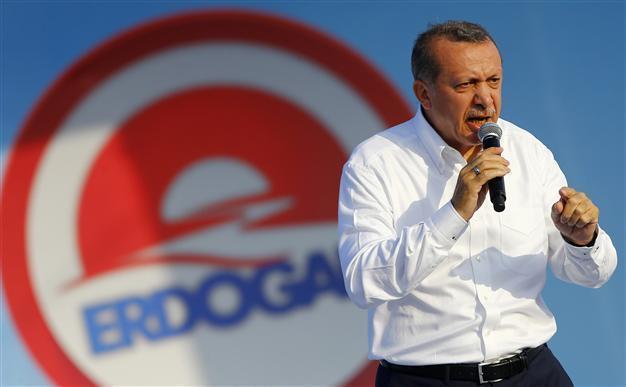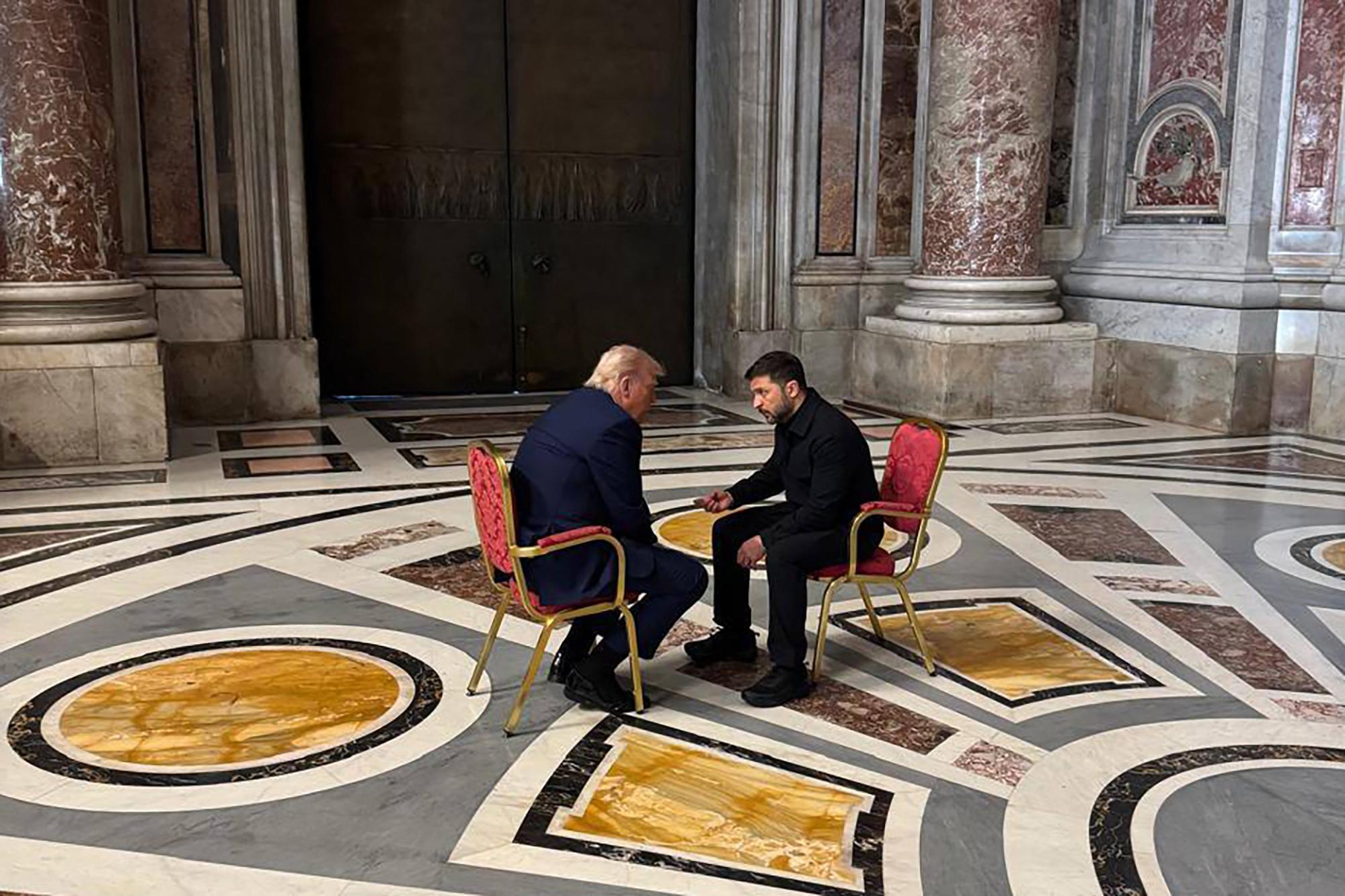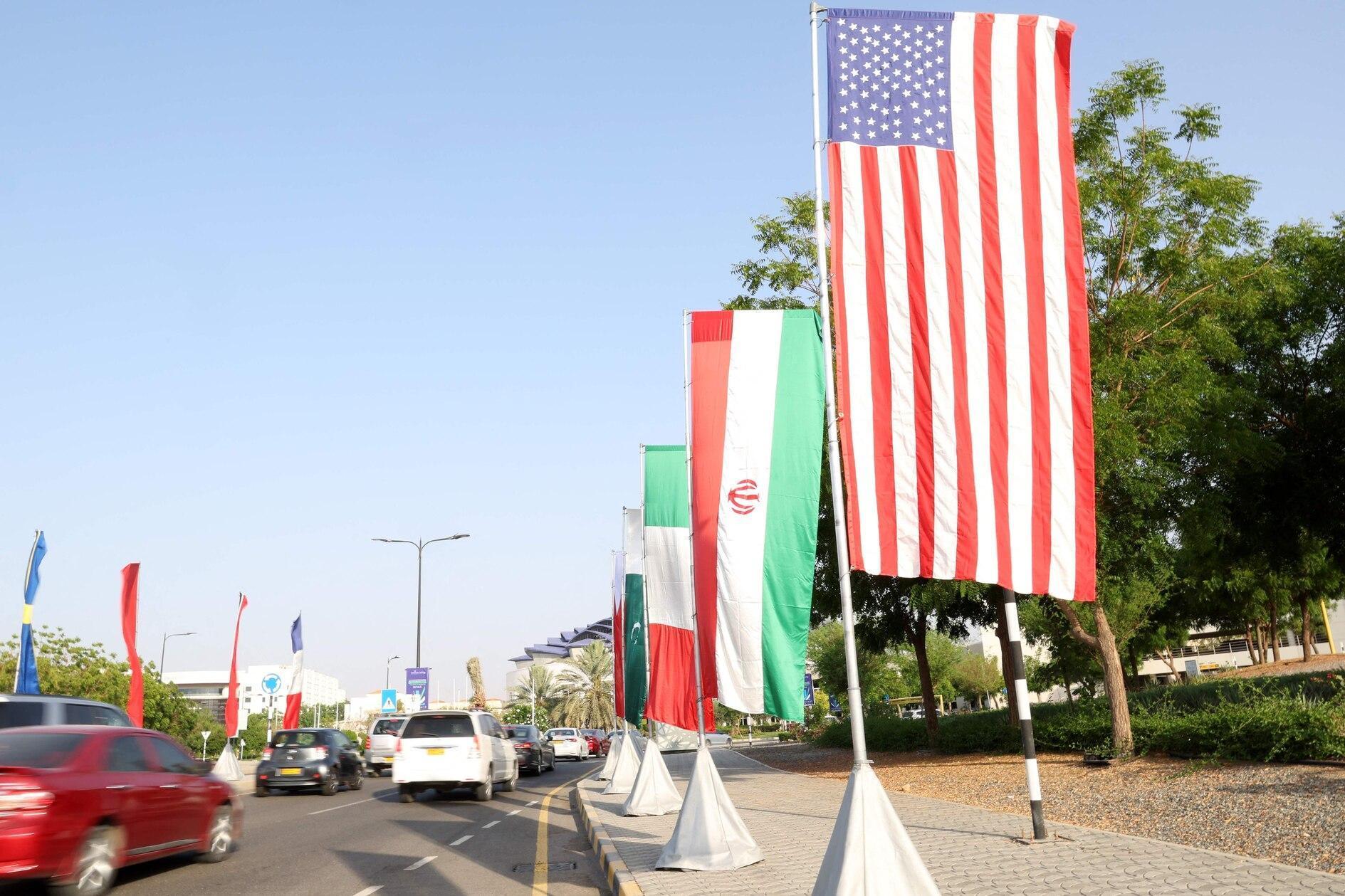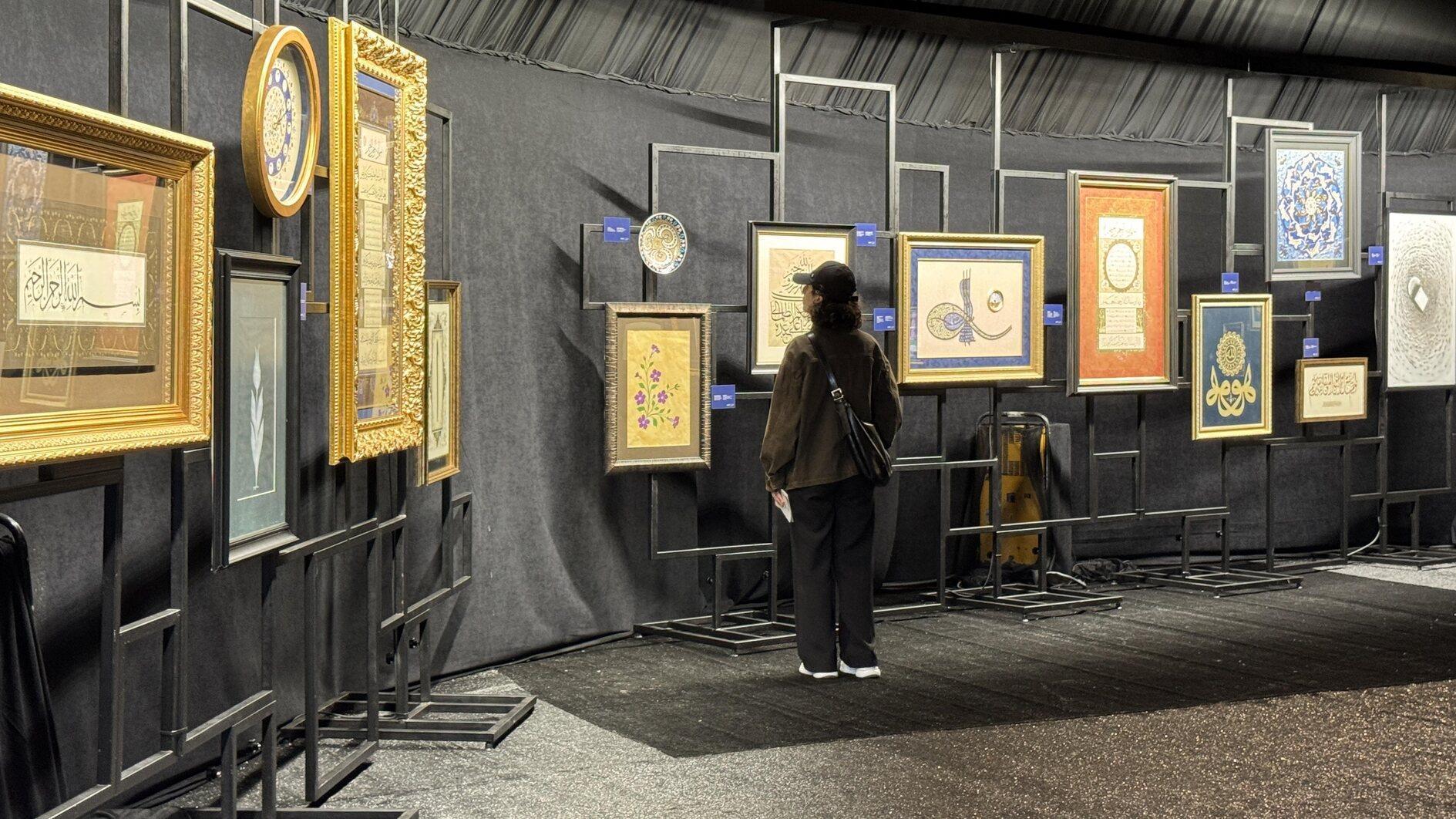BLOG: Like US presidents, Erdoğan may win with ‘change’
Deniz DUTZ*
 The 2014 presidential elections in Turkey mark the first time in the country’s history that the president will be elected directly by the people. On Aug. 10, the first round of elections will be carried out. If any candidate receives the majority of votes, he will become Turkey’s first directly elected president. If no candidate wins a majority in the first round, a second round will be held on Aug. 24 between the top two candidates. The three candidates are current Prime Minister Recep Tayyip Erdoğan, Ekmeleddin İhsanoğlu, and Selahattin Demirtaş.
The 2014 presidential elections in Turkey mark the first time in the country’s history that the president will be elected directly by the people. On Aug. 10, the first round of elections will be carried out. If any candidate receives the majority of votes, he will become Turkey’s first directly elected president. If no candidate wins a majority in the first round, a second round will be held on Aug. 24 between the top two candidates. The three candidates are current Prime Minister Recep Tayyip Erdoğan, Ekmeleddin İhsanoğlu, and Selahattin Demirtaş.Representing the Justice and Development Party (AKP), Erdoğan is expected to win the elections already in the first round, albeit by a narrow margin. As prime minister since 2003, Erdoğan is the most well-known figure among the three candidates throughout Turkey and the world.
In contrast, the other main candidate, Ekmeleddin İhsanoğlu, is the least well-known of the three candidates. An academic, İhsanoğlu has spent the last 10 years as secretary-general of the Organization of Islamic Cooperation (OIC). After apparently weeks of internal and secretive debate between the party leaders of the Republican People’s Party (CHP) and the Nationalist Movement Party (MHP), İhsanoğlu was chosen as the joint candidate to represent both parties. His chances of success are hindered by him being perceived as a wealthy academic, his obscurity especially among the lower echelons of Turkish society, and his poor campaigning actions to date.
Finally, Selahattin Demirtaş, representing the People’s Democratic Party (HDP), has the support of marginal left voters, as well as Kurdish voters in Turkey.
İhsanoğlu’s strategy of portraying himself as a removed and neutral president, despite the fact that it adheres to the current Constitution, greatly undermines his chance of electoral success. Although the Constitution has yet to be changed on the topic of the powers of the president, the fact that the elections are now based directly on the public vote means that regardless of what the Constitution says, the presidency is no longer a ceremonial position, at the very least in the minds of the voters.
Although Turkish and U.S. politics have little in common, there are still similarities that apply to the presidential elections. Consider the slogans of past presidential candidates in the United States. Whether it was President Barack Obama’s “forward” pitch during the 2012 elections, or former President Bill Clinton’s “for a people, for a change” slogan during the 1992 elections, or even former President Jimmy Carter’s “a leader, for a change” banner at the 1976 elections, the messages in these slogans are clear. Voters tend to want a future they can imagine that is different and better than the current one. Erdoğan provides this vision. During his announcement of his candidacy on July 1, Erdoğan proclaimed that if elected, “it will be a different type of presidency.” He announced he will be a president who “sweats, runs around and works hard,” adding that “the presidency is not a place to rest.” Erdoğan proposes change.
Now contrast this notion with İhsanoğlu’s passive campaigning, and with his vision that the presidency should remain a ceremonial position with Parliament making all the important political decisions. The impression given by such a slogan of inaction is far from any notion of change, and rather hints at a slogan along the lines of “let’s keep what we currently have.” There is no mass appeal to this message. As İhsanoğlu fails to offer a vision of change, his main appeal will continue to simply be “better him than Erdoğan.”
A positive political campaign in the form of a powerful vision is not enough to win an election, especially if the candidate lacks a bold personality. İhsanoğlu is perceived as an elitist (with nine flats in Istanbul and assets amounting to $3.6 million) and a softly spoken, bespectacled intellectual who fails to connect with the electorate. During a rally in the province of Erzurum on July 6, Erdoğan ridiculed his main opponent, describing İhsanoğlu as “mon cher,” literally from the French “my dear,” a derogatory term in Turkey that refers to elitists.
To have a chance at winning the election, İhsanoğlu needed to adopt a more aggressive stance, and also conduct a negative campaign to supplement his vision. A negative campaign, especially when rooted in underlying shortcomings of the opposing candidate, can go a long way in influencing the general population. However, both are highly improbable of occurring due to who İhsanoğlu is, and due to the past strategy of the CHP. Since İhsanoğlu has failed to reconsider his campaign strategy, he now has little chance of succeeding. With Erdoğan poised to win, Turkey faces a grim future. Further tightening of political control over media independence, a more autocratic regime, constitutional changes to increase Erdoğan’s power, and other dangers could all become a reality under an Erdoğan presidency.
* Deniz Dutz is a 17-year-old rising senior at St. Albans School, a high school in Washington D.C. Over the summer, for four weeks, he interned for Ali Çarkoğlu, the dean of politics and economics at Koç University in Istanbul. He had won an essay competition sponsored by the Carnegie Council last year with a piece about Gezi Park and journalism. He can be reached at deniz.dutz@gmail.com.
















